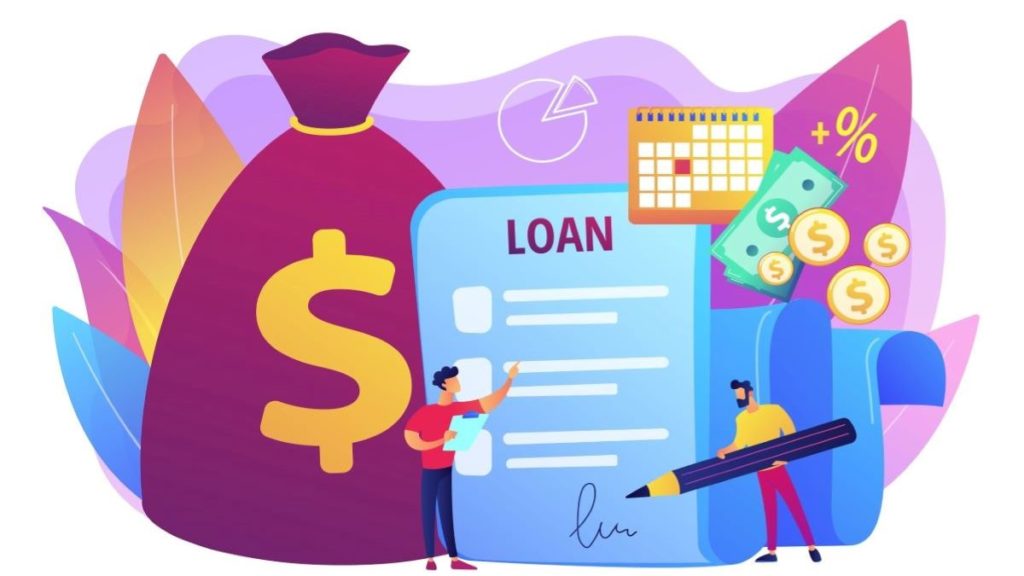Featured image by Visual Generation
Nowadays, taking out a loan is almost inevitable, at least once in your life. Whether it’s a credit card for your business or a personal installment loan, these financial products help you take on emergencies and planned expenses alike.
Unfortunately, getting approval for an installment loan or other credit card isn’t guaranteed. Your approval relies on your lender investigating your finances and liking what they see.
Part of this investigation relies on the five C’s of credit. Making sure you ace each one that applies to your loan may increase your chances of getting funding.
RELATED ARTICLE: BUDGET PLANNING ADVICE FOR NEW BUSINESS OWNERS
What Are the Five C’s of Credit?
The five C’s—collateral, capacity, capacity, conditions, and character—represent different facets of your financial well-being.
Together, these individual considerations create a decision-making framework in the financial world. Lenders may evaluate these categories to determine if you qualify for an installment loan, cash advance, or business line of credit.
On their own, each of the five C’s assesses your finances from a different angle. They’re distinct categories designed to test your financial mettle in different ways.
1. Collateral
Collateral represents the assets or personal property you put up as a guarantee to back your loan. If your contract requires collateral, you’ll have to pledge something of similar value to your loan. By making this pledge, you acknowledge your lender may claim this asset as payment if you don’t pay your bills.
You’ll know if your installment loan or line of credit requires collateral by its name. Typically, financial products with collateral are called secured loans. An unsecured installment loan from MoneyKey, on the other hand, does not ask you to pledge an asset when you apply.
Why should you put something valuable on the line when you want to borrow? You might even be wondering, “How can I pawn my car and still drive it?”
Generally speaking, adding collateral unlocks better rates and terms than you would normally get without it. So if you only qualify for costly loans, consider using an asset to improve your options.
2. Capacity
Capacity is just another word to refer to your cash flow, specifically your liquid cash. In other words, it’s the income, savings, and other short-term accounts you can tap into quickly to pay off credit cards or loans.
Lenders may review your capacity to ensure you have enough cash on hand to repay your bills on time. For business loans, you may have to produce cash flow statements and liquidity ratios. Then, if you’re able to improve these ratios, your capacity will look more enticing as a result.
For personal loans, you may have to share employment information and your debt-to-income ratio. A low debt-to-income ratio—a rate which shows how much of your paycheck goes to your financial obligations—proves you have expendable income to cover future credit. You may be approved more readily when you can prove you earn a steady paycheck that isn’t tied up with existing bills.
3. Capital
Capital is more than just your liquid cash. Instead of assessing your cash on hand, it evaluates the full scope of your assets or illiquid cash. This may include long-term savings, investments, and bonds. These are accounts that may be worth a lot of money but usually take time to cash in or pay out.
Generally speaking, lenders usually only check your capital when you apply for business loans.
These accounts show your business has a more balanced financial situation. But more importantly, they prove you’ve invested something valuable into your company. The fact you have something to lose should something go sideways tells a lender you’ll try your best to avoid that outcome.
4. Conditions
This next category has a broad definition with three distinct meanings. Let’s look at them below.
- The state of your business. Lenders may appraise how well your business is faring to see if you can handle repaying their product.
- The state of the economy. Some lenders may consider external factors that affect your industry. They want to be sure you can handle any credit they approve for you. These factors may reduce your chances of qualifying. Conversely, they may increase your chances of being approved, as in the case with the current economic situation as the government boosts funding.
- The rates, terms, and conditions. More practically, lenders will consider the details of your loan against the other five C’s to determine your eligibility.
5. Character
Moving away from the hard facts of your cash flow and the economy, this last factor can be subjective. Lenders review your character to determine if you or your business is trustworthy. In other words, it helps them decide if you’re good for any credit they may offer you.
Part of your character assessment may rely on your reputation. This is why both business and personal loan lenders may ask for references when you apply.
Another part involves your credit history, which is much less subjective. Your business or personal credit report reveals your past borrowing habits, including whether you pay on time. If a lender checks your report, what they see helps them estimate the chances you’ll pay their loans back on time.
Assessing your character through a credit check is one of the most common lending practices today. Focusing on how you can boost your credit may help you qualify for more loans at better rates.
Get the Low Down on Your Next Loan
Before you apply for a loan or other credit, get to know the details. Understanding the eligibility requirements, rates, and terms will shed light on which of the five C’s apply to your next loan.
Do your research, then focus on making any changes you need to make these five C’s stand out. Giving each category a bit of spit and polish will help your chances of being approved for the amount you want at the rates you need.


